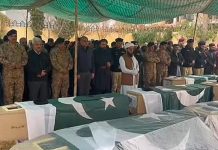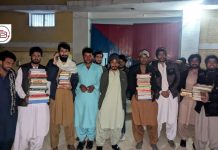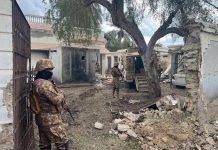The political landscape of Balochistan remains stagnant despite the passage of time, marked by persistent issues such as enforced disappearances, fabricated police encounters, and prolonged protests spanning two decades. In Islamabad, a demonstration seeks the recovery of those who have vanished against their will, while the Long March progresses in various cities, punctuated by protests against false police encounters.
Amidst the cold Islamabad nights, Saira Baloch, originally destined for a law college classroom, now dedicates her time to protesting in the press club. Jan Muhammad’s son, who was merely six years old when his father disappeared, has matured following the footsteps of Sammi. Nako Mayar’s impassioned calls can echo through the seven skies, yet unheard by the influential forces in Pakistan. Balach’s sister, Najma, has chosen the path of protest to shield other youths from falling victim to staged encounters like the ones experienced by Balach.
These narratives from Balochistan are products of counter-insurgency policies, prompting those entwined in these tragedies to explore every avenue of protest in their quest to reclaim their loved ones.
Originating in Turbat, the protest has evolved into a formidable movement, its long march progressing toward Quetta while staging sit-ins in various cities. Thousands of individuals rally behind the long march, seeking to invigorate a collective force.
In the midst of these challenges, Balochistan’s political landscape is characterized by unrest and protests, coinciding with Pakistan’s upcoming elections. They still expect the people of Balochistan to actively participate in these elections.






























